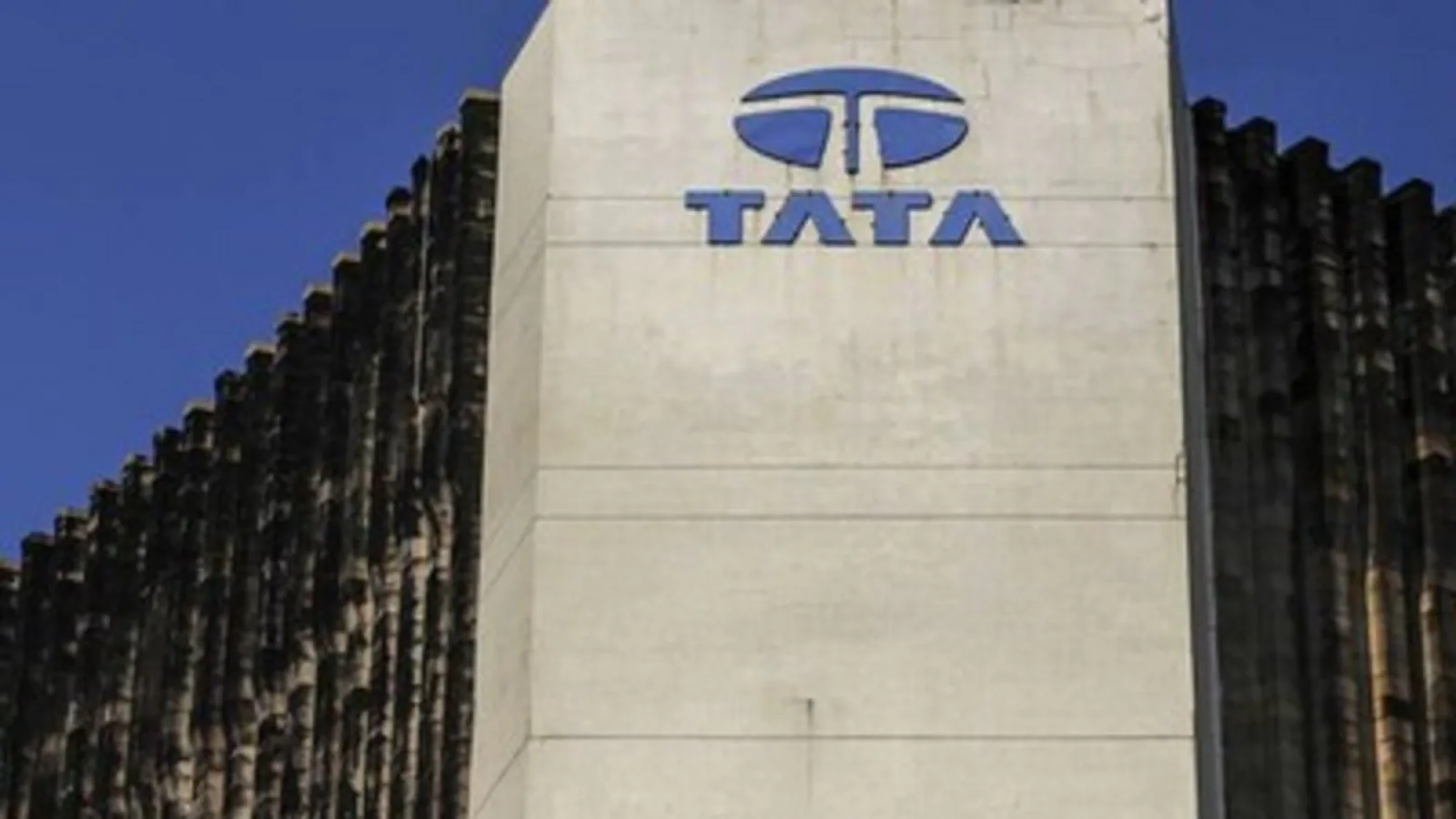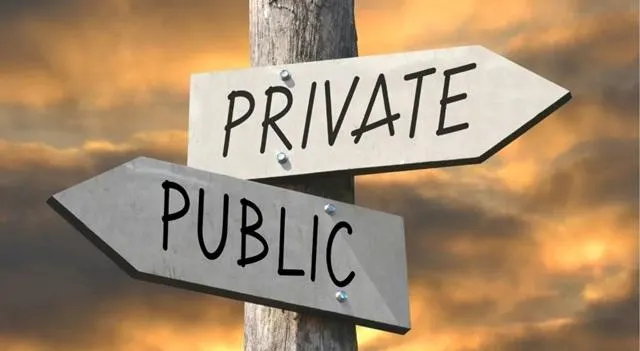By Olivier Acuña Barba
Copyright euroweeklynews

The Airbnb issue is alive and well across Spain. In July, the government ordered the platform to remove 65,000 listings, and said it had detected 55,000 more that it considered illegal. On September 24, the government announced it would revoke 53,000 short-term rental licences and force them into long-term leases.
Amid the housing crunch in Mallorca, Airbnb reached an agreement with the local authorities to require all hosts to provide a valid registration number provided by the government as a form of a licence or permit.
The aim of the crackdown on illegally or unlicensed properties listed on Airbnb is to appease protesters and activists who blame the lack of housing and the rise in rental prices on short-term offerings and the growing number of tourists, expected to exceed 95 million this year.
“Enough with protecting those who make a business out of the right to housing in our country,” Spain’s Consumer Rights Minister Pablo Bustinduy said in July, when Spaniards in Barcelona and Mallorca took to the streets to protest tourism overcrowding by shooting water at foreign visitors.
Mallorcan restaurant leader Juanmi Ferrer blamed short-term rentals for the drop in sales. “We’ve reached the point where in Port de Sóller there are restaurants that are giving their staff vacations in the middle of July because of the so-called sandwich tourists,” he said in reference to those in Airbnb rentals.
According to a September 7 report by The Wall Street Journal, it is harder to find an apartment to rent in New York City today than it was before the 2023 Airbnb crackdown.



